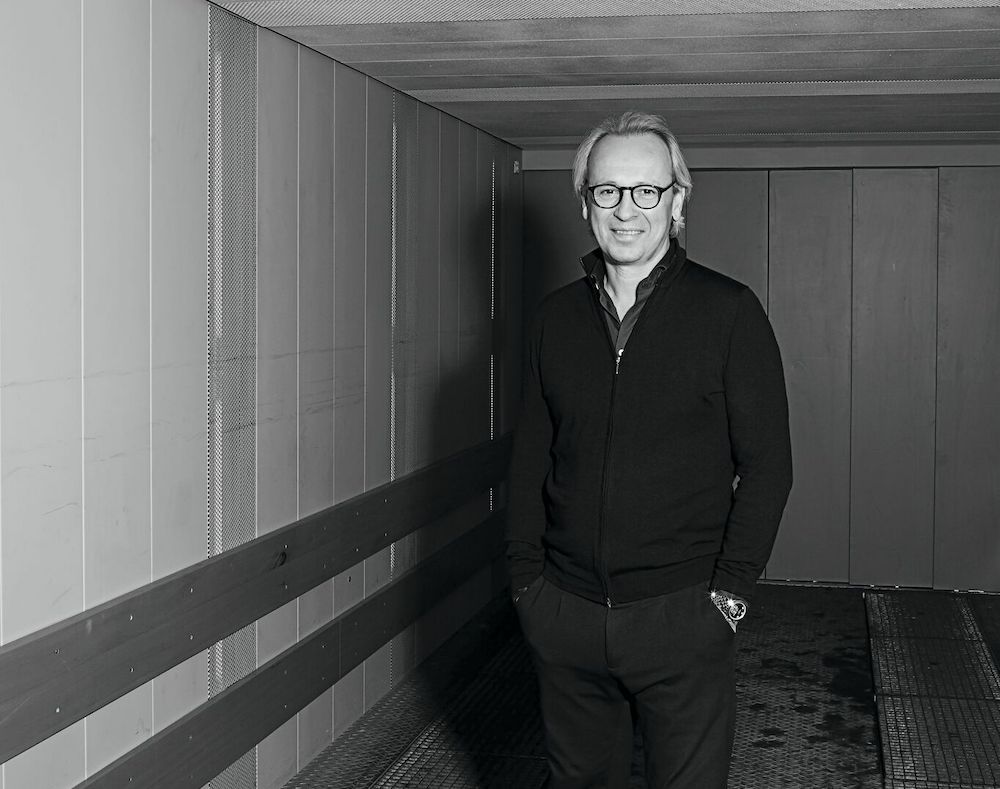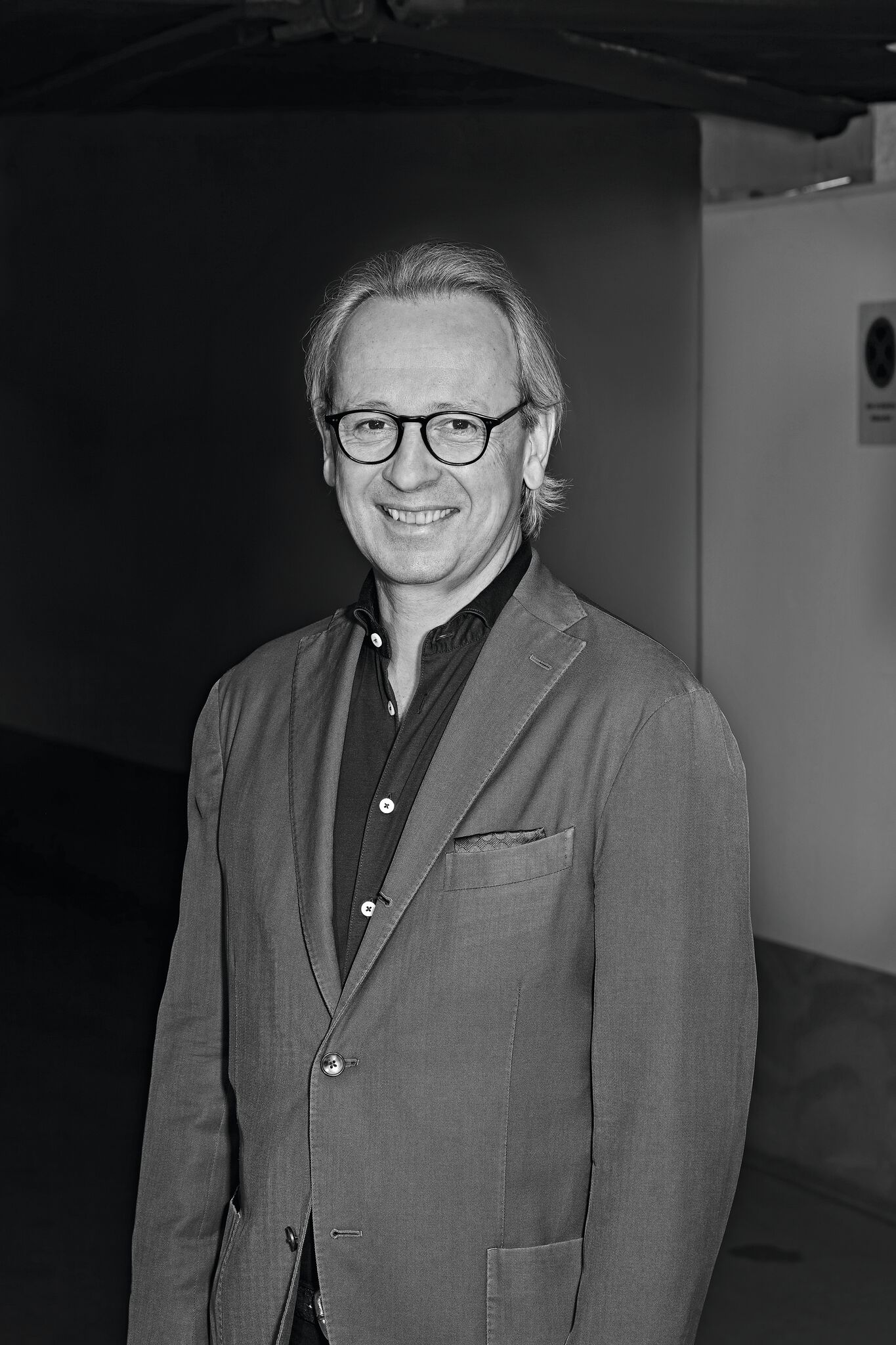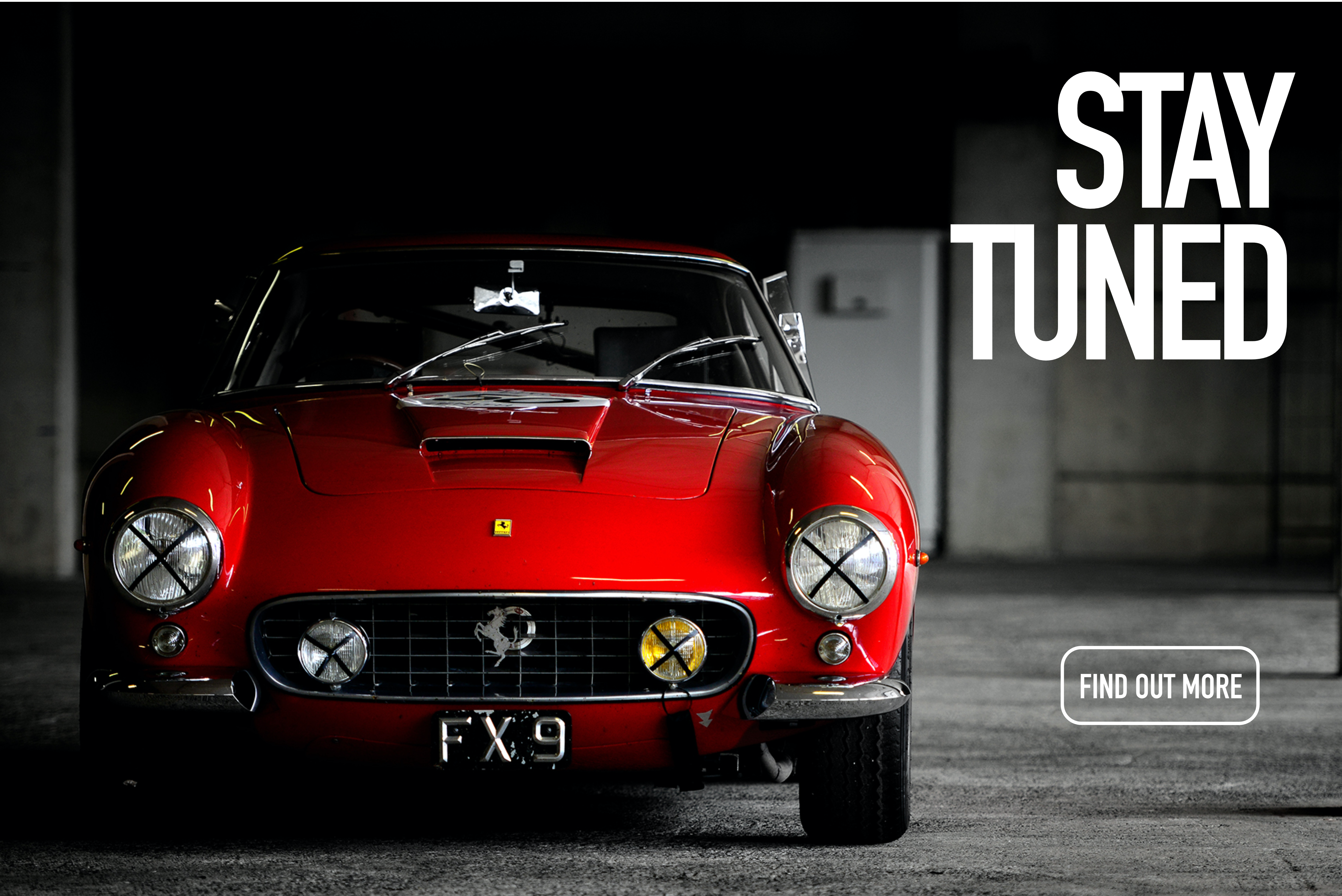Nobody really needs a mechanical watch. Says Yannick Michot, of all people, head of Patek Philippe Germany since 1998. But that’s exactly why he can say something like that.

Mr. Michot, the theme of this issue of rampstyle is “Keep it simple and smart.” It’s all about paring things down to the essentials. These days, we are positively surrounded by things that tell us the time. Why would anyone still need a mechanical watch?
The answer is actually quite simple: nobody really needs a mechanical watch. You don’t need an expensive watch either. Not even a Patek Philippe. Just like you don’t need an expensive car. For getting from A to B, you can just as well get in a Smart. That’ll do. Or take the train. But the emotional aspect is another matter.
Though a mechanical watch is a complex work of art. So it is anything but simple.
Let’s start with the fact that the word “complication” is always misinterpreted. In watchmaking, a complication is simply a feature of the watch beyond the display of hours, minutes and seconds. The date indicator is such a special feature, so it’s what we call a complication. Thierry Stern, the owner of Patek Philippe, once said, “My greatest complication is my wife.” He was still married at the time.
Then let’s keep it simple. Can you describe the Patek -Philippe brand to us in just a few words?
Yes. Patek Philippe is a company that has been around for 183 years. And this company has always done the same thing. From the beginning to the present day, it has focused on doing just one thing, which is to produce the best watches in the world. Nothing else. Without interruption. That’s important, because many watch brands stopped producing watches at some point and then started again a hundred years later. That’s a very good way to sum it up.

Is Patek Philippe associated with certain values?
Yes, and interestingly these values were defined by Thierry Stern’s father, Philippe Stern, who I also had the pleasure of working with. There are ten values: quality, service, heritage, emotion, independence, tradition, aesthetics, rarity, innovation and value.
How would you define modern luxury? What makes something luxurious?
There are three things that sum up luxury for me: Authenticity, which I think is very important, craftsmanship, which is often forgotten, and rarity, because when everyone has something, it’s no longer a luxury.
One of your corporate values is innovation. What does the research and innovation department of a watch brand like Patek Philippe look like?
The question is especially interesting because what we have here is just a small mechanical device, a few square centimeters in size, which has existed for some five hundred years, and everything about it has already been invented. But still, something new is always being developed. It’s always evolving. You can see that in our research department, which is constantly coming up with new innovations.
“When it comes to sustainability, we always have to laugh because there really is nothing more sustainable than Patek. You can wear our watches all your life, they consume no energy and they are serviced with almost no outside energy used.” – Yannick Michot
Your marketing is as timeless and iconic as your watches. And it works. What’s the secret?
This really has been a stroke of luck, because we have had the same advertising campaign for over twenty years now. The theme is that you never buy a watch for yourself, but for the next generation. It was an agency in England that came up with that. We men need emotions. Men normally don’t wear a lot of jewelry and have only one watch. And when you consider that our children will one day be wearing our watches, that creates an incredibly strong emotion. You would not get that from any other marketing story. It’s also interesting that many women discovered the Patek Philippe brand through this campaign because they found the campaign and the slogan so absolutely fascinating.
Your clientele is very diverse and includes everything from collectors to doctors, lawyers and even rappers. Do you try to influence who buys and wears your watches? Or are you happy about every customer?
It’s a bit of both. Ten years ago, we really only sold watches to people who had a genuine relationship with their watches. The lawyer who would buy a simple Calatrava, or the athletic type who even back then was interested in a Nautilus. These were people who wore their watches with pride. Things are different today. We didn’t intend for it to be that way, but many of our customers buy their watch for the simple reason that it will be worth significantly more in the future. That doesn’t necessarily suit our values, because we don’t make watches as an investment that then end up in a safe or are sold again the next day. We want the watches to be worn. But that’s where things have headed.
How do you recognize style?
Style is unintentional and spontaneous. Style cannot be recognized immediately, because it is an impression. You either have style or you don’t – you can’t invent it and you can’t buy it, just like charisma. Some people can wear the cheapest things and still have style.
And it has nothing to do with the price?
Definitely not. You can wear the most expensive things in the world and still look terrible in them.
Speaking of things: What kinds of things are important to you in your life?
I have a lot of books at home, which I love and care for very much. And when it comes to cars, I must say that I’ve always found the 911 to be aesthetically pleasing. Though I’m not really a car person and wouldn’t necessarily want to drive these cars at all. I would rather put them in my living room.
You mentioned books. Do you have a favorite literary genre?
I’ve always read novels. Novels have had a strong influence on me, starting when I was very young. And books remain as fascinating and important to me today as they ever were. Hermann Hesse made an enormous impression on me when I was around twenty years old, which is a time in life when you don’t know where you’re coming from or where you’re going. And a few years ago, not that long ago actually, I read another novel of his. And I found that his books are still something quite special.
Since we’re on the topic of enduring value, let’s move on to sustainability . . .
When it comes to sustainability, we always have to laugh because there really is nothing more sustainable than Patek. You can wear our watches all your life. Maybe your children and grandchildren will too. The watches consume no energy, they simply need to be serviced, and even that is done with almost no outside energy used. You can look for a product like that for a long time today, and you’ll be hard-pressed to find something like it. Even the very first watch we built in 1839 can still be serviced or repaired today. We won’t tell people to buy a new watch. We will point out that we can repair their watch again and again. That’s sustainability to the extreme, isn’t it?
Absolutely. The company has been passed down from generation to generation. Will it remain that way in the future?
We very much hope so. It all started with Antoine Norbert de Patek and Jean Adrien Philippe. Then, in 1932, the company was sold to the Stern family. Now, with Thierry Stern, the fourth generation is in charge. He has two sons, so the next generation is already in place. And the family idea is extremely important for us, but also for the customers.
One last question: How does a watch brand with such a long tradition as Patek Philippe approach all the trends and fashions in these fast-paced times?
Let’s put it this way: When watches got bigger, we stayed small, waited, then got bigger. Many of the watchmaking companies began experimenting with new materials such as ceramics or titanium, but we didn’t do that. Our approach is to try and stay modern with our classic watches. And if things take a long time, so be it. People often have their doubts, but we’re just different. Because neither the company nor the family is interested in making more money, maximizing profits or producing more quickly. We’re all about doing things well.
Yannick Michot has been managing director of Patek Philippe Germany and its modern atelier since 1998. Prior to that, the French native was marketing and commercial director of Escada Beauté.
ramp #57 – Really?
In this issue of our magazine we are simply engaging in a stimulating conversation. We ask the question “Really?” and allow it to unfold in a playful range between indignant outrage and thoughtful reflection. Because not only is everything connected, it also is the relationships between things that make them what they are. Or something like that.
Text by Marko Knab for ramp
Photos by Marko Knab · ramp.pictures











